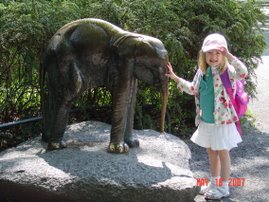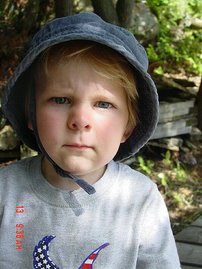
Spector, Robert. The Mom & Pop Store: How the Unsung Heroes of the American Economy Are Surviving and Thriving. New York: Walker & Company, 2009.
When I lived in Richmond Virginia, I had the fortune of living near a street which was filled with unique sole proprietor stores. I especially remember with fondness a bookstore, where every time I went into it, I could be guaranteed to find exactly the book I wanted to read next. I now live in northern Indiana in a city where mom and pop store do not seem so be as prevalent and I miss the unique character of the one or two person shop. Certainly Borders does not have the intimate nature of Carytown Books, and certainly it employees have no where near the love or appreciation of books that one would find at a good independent bookstore.
Robert Spector is the son of a butcher, Fred Spector, who owned his own butcher shop in Perth Amboy New Jersey. Robert has fond memories of his fathers store in new Jersey. Spector recounts how his grandfather and father came from Europe to the new world, and he reminisces about how his father worked to build his store into a successful business. He also remembers how members of the community felt at home at his father's store and demonstrates the special personal touches that his father was able to provide because he grew to know his customers wants and needs so well. Spector recounts that although he was not always the best employee at his Dad's store, he learned enough lessons in customer service to become a specialist in customer service when he grew up.
Spector also travels around the country to visit various “mom and pop” stores in an effort to find out what makes a mom and pop store a success. He visits bookstores in Washington State and Washington D.C. , a soda pop specialty store in California, a cheese shop and pharmacy in Manhattan and many more. He discovers that what makes a mom and pop store last is knowledge of the product, a personal touch and the ability to diversify.
I liked this book very much and found it easy to read. I had thought it would be more of a business book, but instead it was a collection of charming essays on the history of successful family businesses which in the end gives a clear picture of the ingredients Spector feels need to go into a successful Mom and Pop Store. Also he writes a powerful case for patronizing Mom and Pop stores and staying away from the “Category killers.”







